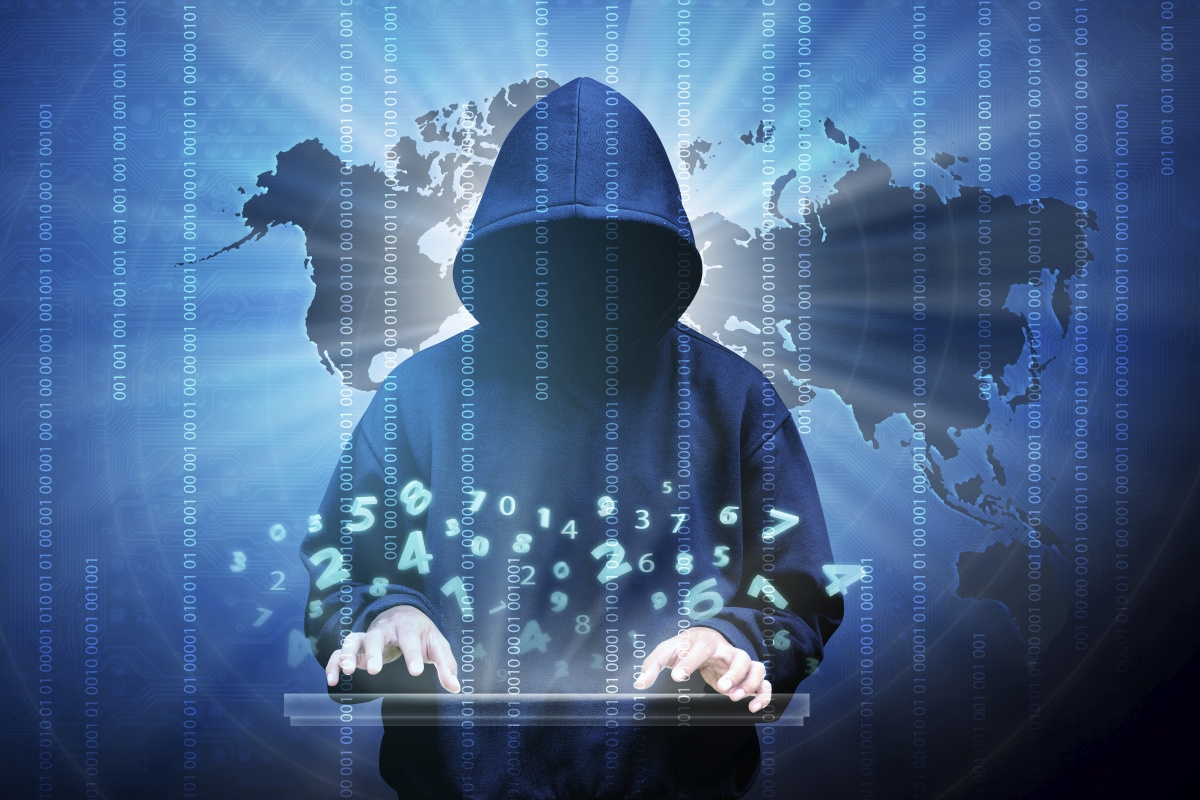Concerns regarding state-sponsored cyber attacks have increased dramatically since the Russian government was allegedly revealed to have played a major role in twisting the U.S. presidential election in favor of Donald Trump.
While this marks the first time in American history that our democratic process was spoiled by external collusion, it is hardly the first high-profile state-sponsored attack that negatively affected U.S. interests. In fact, foreign actors have been eager to derail U.S. businesses for years.
Below are a few of the state-sponsored attacks that changed how we view cyber security and what you can do to safeguard yourself against foreign malcontents.
North Korea vs. Sony
On November 24, 2014, a hacker group known as the Guardians of Peace (GOP) leaked confidential data from Sony Pictures. The hack was no easy feat as the cybercriminals instituted worm tools, backdoor accesses, listening implants, malware programs and destructive hard drive wipers to repeatedly gain entry, extract information and remove evidence of the attack.
While mainstream media primarily covered the GOP’s demand to pull the controversial buddy comedy The Interview from theaters for the film’s depiction of the assassination of North Korean dictator Kim Jong-un, the Sony hack went much deeper. Several Sony-related Twitter accounts were commandeered, executives were threatened via email and compromising emails were leaked to the web.
This brazen cyberattack endangered the employees’ personal information, blocked the release of a major motion picture and lead to international controversy regarding some of the remarks made by Sony’s producers. While it is hard, to sum up the cost of the damages, Sony’s first quarter financial for 2015 revealed the company set aside $15 million to deal with ongoing damages.
China vs. U.S. Businesses
Chinese attacks on Western businesses have been much less focused on a single target. Research conducted in 2014 by a coalition of cybersecurity firms revealed that a hacker group, known as Axiom, had been targeting law enforcement and government agencies, human rights and environmental groups, Fortune 500 companies, pharmaceutical companies, software businesses and at least 43,000 computers around the world.
The goal of this program is corporate espionage, which is carried out by some of the world’s most dangerous and deftest hackers through malware attacks and carefully crafted exploits that can take years to detect.
In 2015, former President Barack Obama met with Chinese President Xi Jinping to discuss cybersecurity and pressure the administration to stymie its attacks on private organizations. While China has decreased its attacks, they have not completely stopped.
Government Backed Hackers vs. Journalists & Professors
In the past few years, another industry has come under fire by government-backed hackers – journalists! Since 2012, Google has sent warnings of nation-sponsored hacking attempts to journalists and professors. The problem, however, is that the warnings are not exactly timely and can arrive months after the incursion occurred. While this may seem lazy, Google is actually trying to protect its users by staggering the notifications as not to reveal how they detected a breach. The warning reads:
“There’s a chance this is a false alarm, but we believe we detected government-backed attackers trying to steal your password. This happens to less than 0.1% of all Gmail users. We can’t reveal what tipped us off because the attackers will take note and change their tactics, but if they are successful at some point they could access your data or take other actions using your account.”
Yahoo and other services seem to be following Google’s lead. Undoubtedly, informing users is a step in the right direction and improving your password protocol can help, there still needs to be a Plan B to protect companies and users after an attack has occurred.
What’s Next?
State-sponsored cyberattacks are expected to escalate, and other nations are similarly worried that Russian hackers could influence their elections too. Sad to say, small businesses are likely to be targeted as well. In fact, 43 percent of cyberattacks are aimed at small businesses, primarily due to the fact that they cannot employ the same kind of robust security measures as larger companies.
Thankfully, cyber insurance companies like CyberPolicy are popping up to defend company assets against data breach and digital incursion. And with more than 60 percent of small businesses declaring bankruptcy just six months after a cyberattack, ancillary solutions like this can do a lot to support a victimized business.
While educating your employees about the risk of state-sponsored hackers and cybercrime is the best way to defend your most valuable assets, cyber insurance is a valuable safety net.



